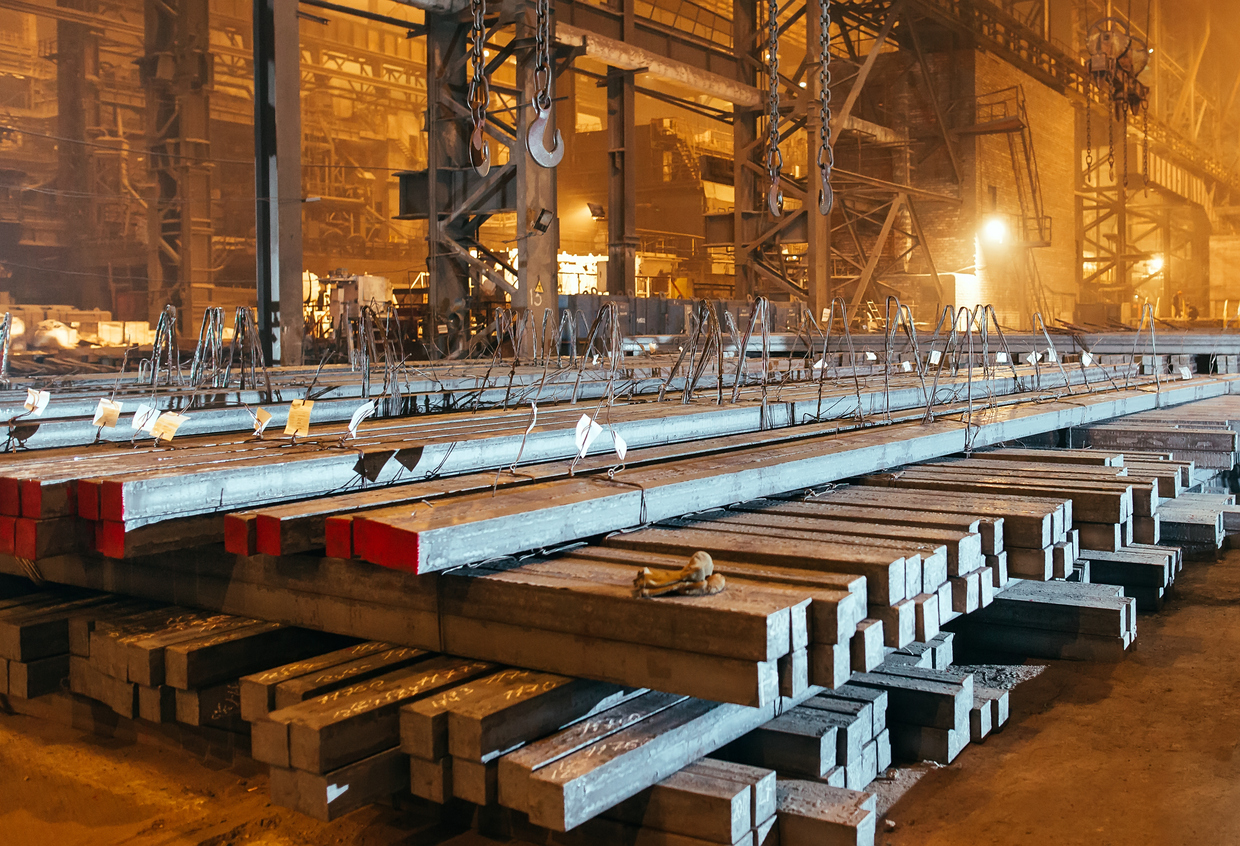
CBAM: A Fiscal Regime Without Rules
With the fiscal phase of the Carbon Border Adjustment Mechanism (CBAM) due to start on 1 January 2026, importers, distributors, and SMEs should by now know the rules that will define their tax liabilities. Instead, the European Commission has left them in the dark.
Yet on 28 August 2025, the Commission confirmed what many feared: the key parameters of CBAM are still under preparation. Benchmarks, default values, deduction rules for third-country carbon prices — nothing is settled. Consultation is promised, but consultation does not pay salaries or invoices, and time is running out.
In stainless steel, where supply chains are long and orders take months to arrive, contracts signed this autumn will only clear customs after CBAM takes effect. Yet the companies making these commitments — Europe’s SMEs, distributors, and mid-sized manufacturers — are forced to contract blindly, not knowing what costs await them at the EU border.
That’s not sound policymaking. It’s regulatory punishment.
Stainless Steel: a structural imbalance
Stainless steel is unlike other CBAM sectors. In Europe, it is produced exclusively via Electric Arc Furnaces (EAF) using scrap. Under the CBAM methodology scrap carries a zero-emission factor. This leads to exceptionally low EU benchmarks for stainless products. Scrap is not “produced”: it’s recovered from past consumption, and its availability is structurally limited. Outside the Union, in economies with growing demand, scrap alone cannot sustain production at scale. Large volumes of stainless steel must therefore inevitably be produced through more carbon-intensive primary routes, such as blast furnaces or Nickel Pig Iron (NPI).
The foreseeable outcome is clear:
- EU benchmarks for stainless products will be set far below global averages.
- Stainless imports produced via more carbon-intensive routes will face CBAM charges far exceeding those in other sectors.
- For SMEs, these surcharges may easily exceed operating margins, forcing impossible choices and putting supply chains at risk.
Importers and distributors have no say in the benchmark against which their goods will be assessed. Yet the Commission’s choice of methodology means they will bear disproportionate costs. Not because of any wrongdoing, but because they secure the products that Europe’s manufacturers, from aeronautics to household appliances, cannot do without.
Our Request: six months of legal certainty
EURANIMI has formally called on the Commission to provide a transitional exemption. We are not requesting a postponement of CBAM or to delay its entry into force. This would require approval by both the European Parliament and the Council, which is politically unrealistic. What we propose is legally feasible and within the Commission’s powers: a limited exemption, applied only to imports cleared in the six months immediately following the disclosure of the key parameters.
Such a grace period ensures companies can make informed procurement decisions, adjust contracts, and ensure continuity of supply without the risk of incalculable liabilities.
Simply put: You cannot comply with rules that don’t exist yet.
A Question of Respect
For SMEs and distributors, the Commission’s delays are more than an inconvenience. They reflect a worrying disregard for the companies that are the backbone of the EU’s economy. The tens of thousands of manufacturing and transformation SMEs across Europe — and the millions of employees they sustain — are not engaging in circumvention, fraud, or evasion simply because they rely on imported steel.
Importers are doing their jobs — securing supplies honestly and conscientiously —yet become collateral damage to administrative indecision. CBAM was meant to level the playing field and reduce carbon leakage. Instead, it risks becoming a symbol of bureaucratic neglect, delay, and last-minute improvisation.
Legal certainty is not a luxury; it is the foundation of fair and effective policy. For CBAM to succeed, the Commission must act swiftly, transparently, and responsibly. Anything less is, quite simply, unacceptable.
Related Articles
Case Documents
Please log in as a member to consult all related case documents.



